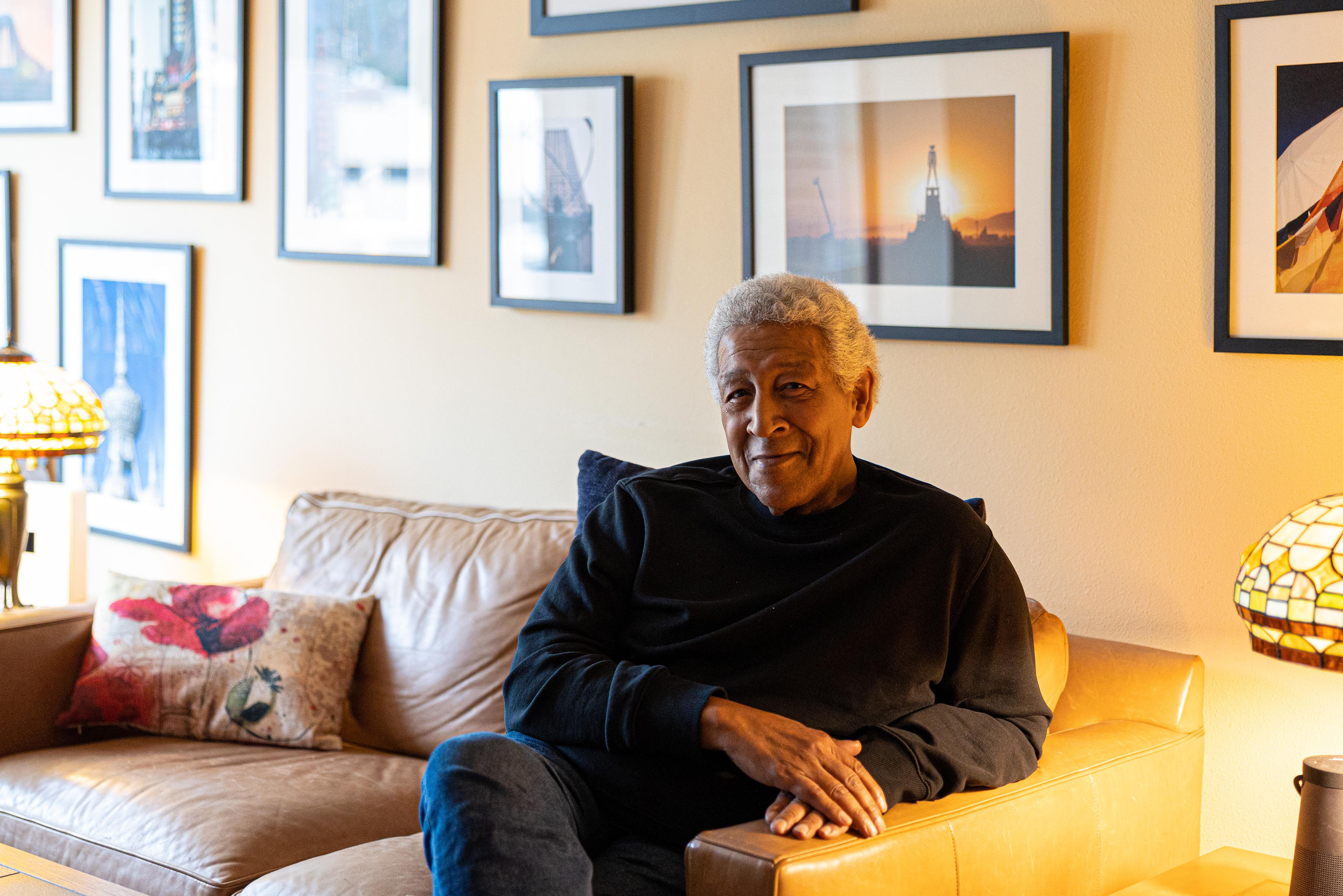Could Mushrooms Offer the Cure for Cancer?
What excites you most about mushrooms?
The medical applications. I was involved in a study where we used turkey tail mushrooms to help advanced-stage cancer patients. My mother was involved in this study at 83 years of age after she was diagnosed with stage 4 breast cancer. She was too old for a mastectomy, too old for radiation, and they gave her three months to live. She just crossed year five with no detectable tumors on August 13. During her recovery, she didn't lose all her hair; she didn't suffer a loss of appetite or extreme weight loss.
Do mushrooms have broader medical uses?
Yes. I received a patent in July for a mushroom called Agarikon, which grows only in the Pacific Northwest, for its antiviral properties. It works well against flu viruses and herpes simplex.
If mushrooms are good, why are people wary of them?
Mushrooms get a strange reaction from people. They’re so ephemeral. They appear seemingly overnight, and they only exist in our viewscape for a few days. Some can feed you, some will kill you, others can heal you, and some get you high. It makes sense that something so potent is something we would fear.
There’s this term called mycophobia. Our culture is predominantly influenced by the British, who’ve always looked upon mushrooms as signs of death and decay. Asian and Eastern European societies are typically mycophiliac—or fungi loving. They associate mushrooms with joy, festivities, rebirth, and renewal. Culturally, the whole world is becoming more mycophiliac as knowledge expands.
What’s do future mycophiliacs need to know?
You cannot be poisoned by a mushroom just from touching it. In most cases the presence of mushrooms in your yard or garden is a healthy sign. It means that your yard has organic debris and natural fertilizers. Mushrooms in your garden are a sign of soil and nutrient renewal and should be a cause for celebration!
How did you get your start with mushrooms?
I've always been fascinated by mushrooms because they show up so quickly. My first mushroom memory is when I was five. My brother and I would play with the puffball mushrooms that explode spores everywhere if you stomp on them. My mother came out screaming that the spores would make us blind, which isn't true. It gave me a good excuse to pelt my brother with those
A lot of your research utilizes mycelium. First, can you explain for readers what mycelium is?
The way I like to describe it is that mycelium is like the roots and the mushrooms are like the tree. It's white cottony webbed material that creates these web systems underground and is very active in recycling nutrients from decaying plant and animal matter. It's found on every landmass on the globe. In most areas, mycelium composes up to 30 percent of soil's net mass. It's literally the base of the food web. Without mycelium we'd have no food.
How could Portland utilize mycelium and mushrooms better?
Well mycelium is very effective at breaking down nutrients and neutralizing toxins. I actually have a project in development right now in Portland to utilize mycelium, although the final contract is not yet approved. The street debris in cities is heavy in hydrocarbons and a multiplicity of both man made and natural toxins. We're in talks in Portland to use a type of fungi called white rot to break down this plurality of toxins in street debris.
Mycelium also has applications related to mycofiltration, which is the use of mycelium to purify water supplies, and mycorestoration, which is the use of fungi to restore damaged habitats like logging roads.
What makes the mushrooms of the Pacific Northwest special?
The Pacific Northwest is just so diverse in its fungi. There are over 4000, perhaps over 6000, species in this area alone. That makes it one of the richest areas for fungi in the world. Not all the species that exist here are even registered. We only know about probably 10 percent of what is out there. Oregon is just a deep reservoir of mycodiversity. I'm based out of northwest due to this astonishing amount of diversity.
What can the average citizen do to support mushroom growth and mycology research?
The first thing to do is to join a local mycological society. The Oregon Mycological Society is a great resource. You get to meet great people who are into the outdoors. You'll find doctors, lumberjacks, mechanics, and mathematicians in that community. There are people from all walks of life. You'll find lots of amateur experts whose collective knowledge is just astounding. We benefit from amateurs joining and going out hunting. Sometimes they find a very rare or completely new species.
Where do you hope to see the future of mycology?
The field is so instrumental for biodiversity and life on this planet, so I'd like to see it funded as well as other sciences. Fungi is truly instrumental for human survival. A lack of biodiversity and of fungi in the soil can lead to ecosystem collapse. Fungi strengthen the ecosystem for other plants and animals, including humans.
Is there anything else you'd like to add?
I hate to dangle a carrot in front of your nose, but we have some really exciting research that is in the works. I can't tell you about it, but it's more exciting than even I originally anticipated. I'd encourage those who are interested to keep an eye on our website, Facebook page, and Youtube channel.




